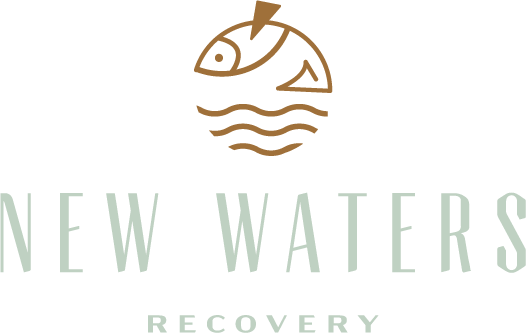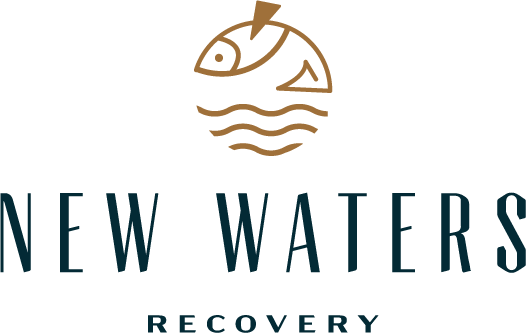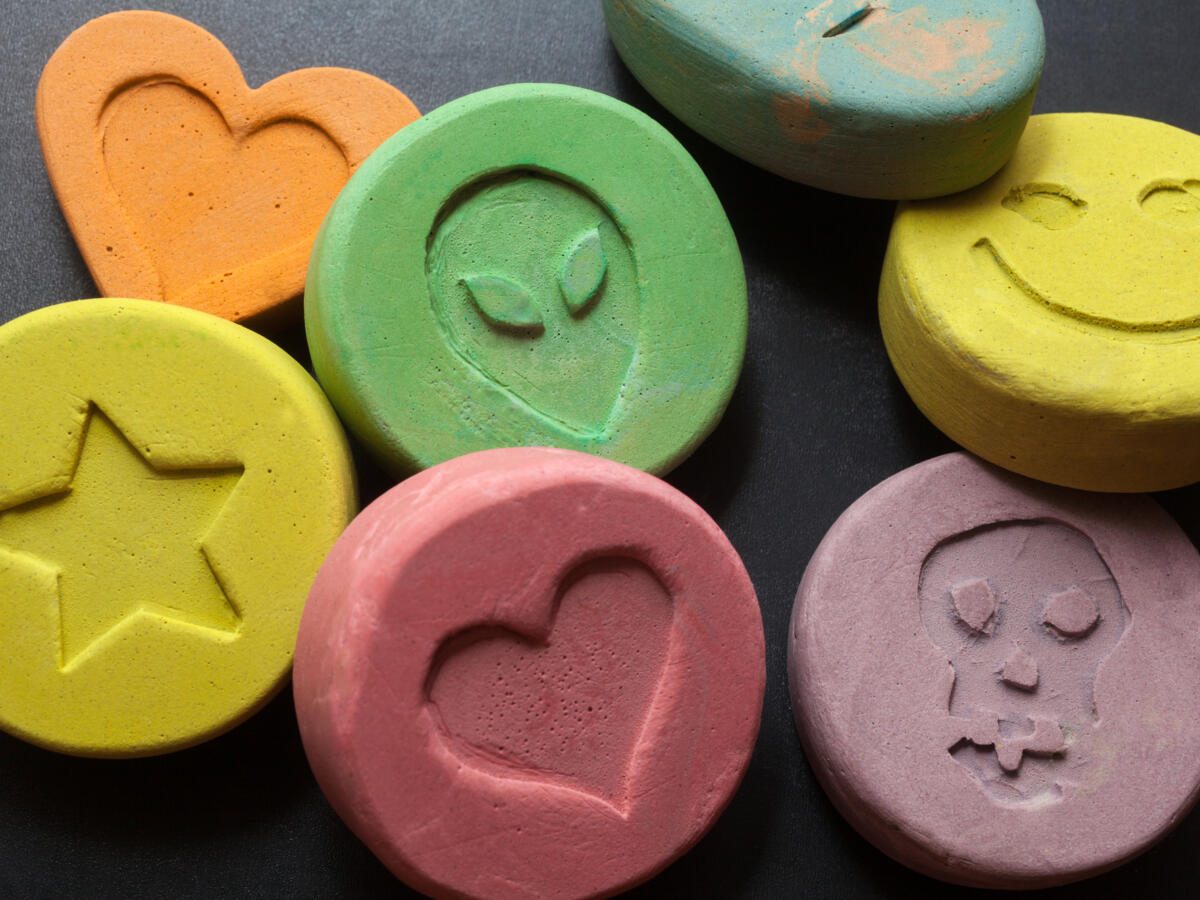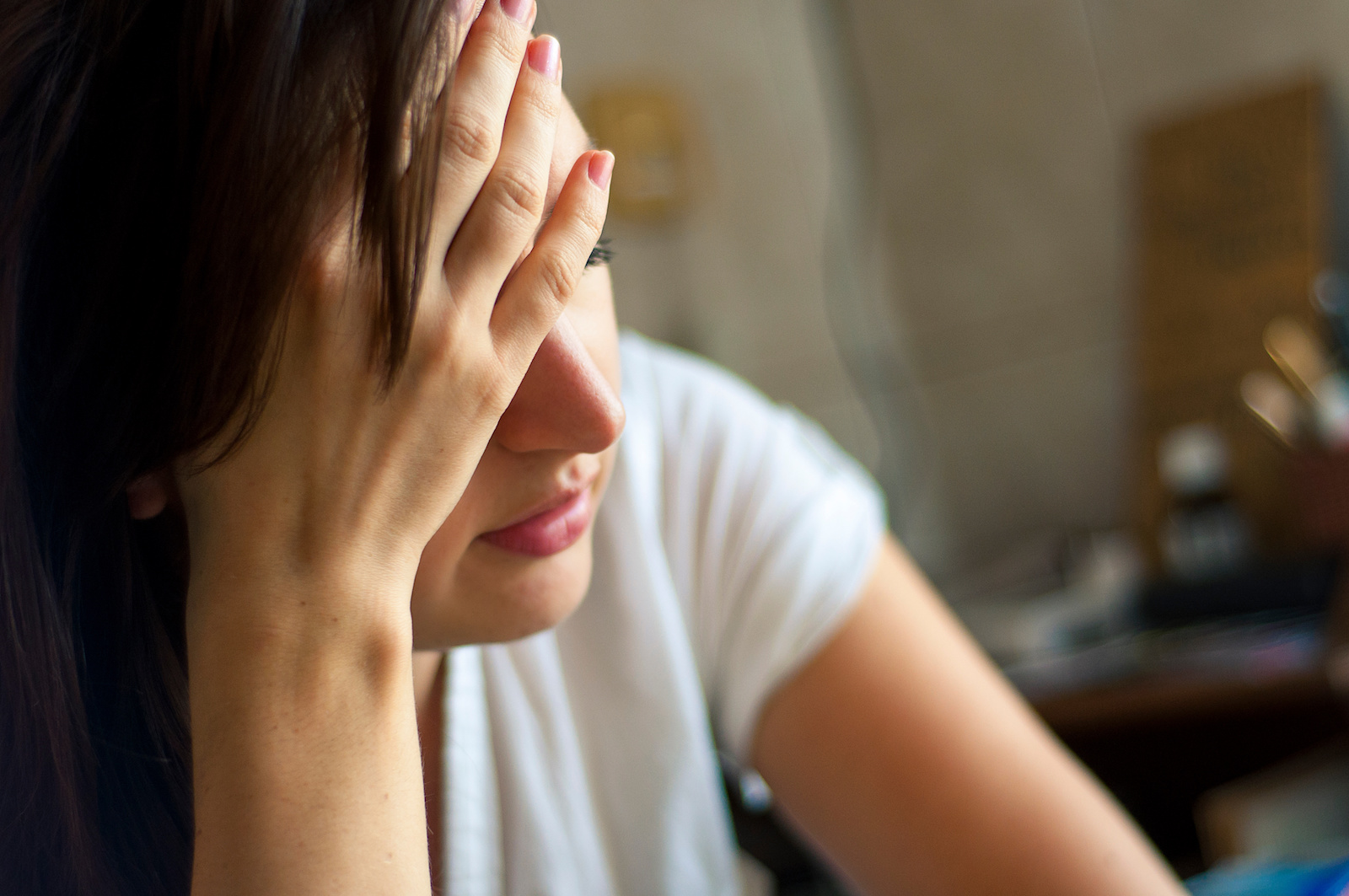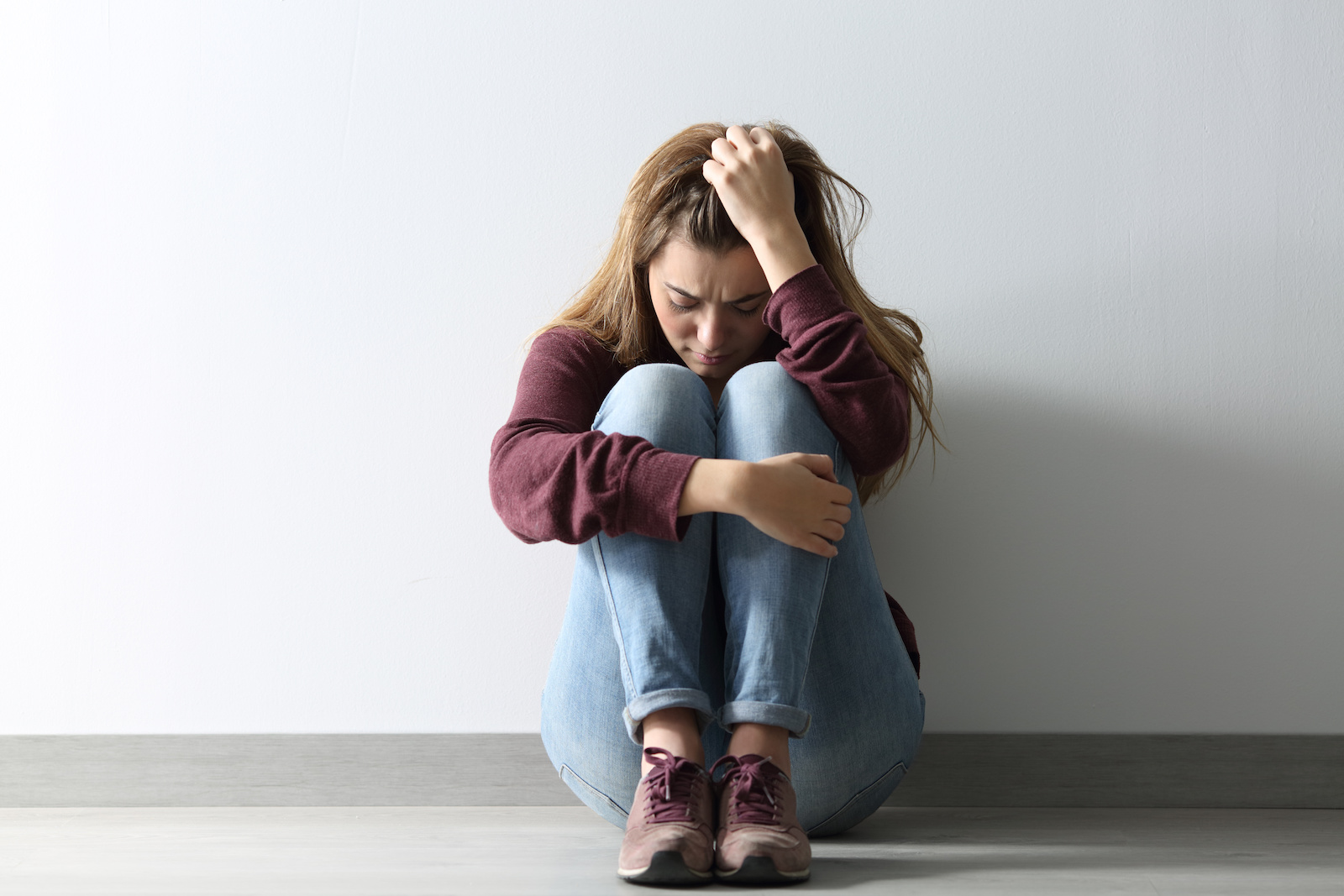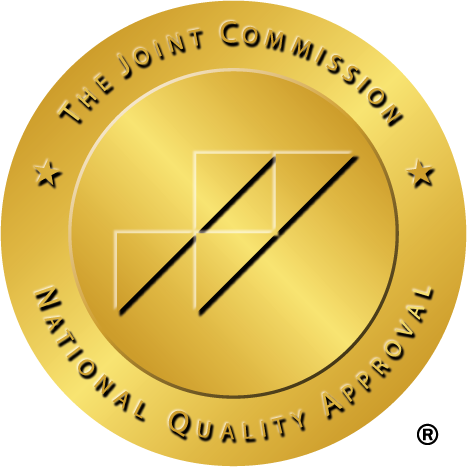Table of Contents
MDMA, commonly known as Ecstasy, is a common party drug. Despite being illegal, many people use MDMA because of the feeling of euphoria or joy that comes from an MDMA high.
The problem is that, like most illegal drugs, MDMA can be dangerous, addictive, and can lead to a variety of risk-taking behaviors that can be dangerous on their own.
Like many illegal substances, it’s possible to overdose on MDMA, and an overdose can be incredibly dangerous, especially without medical help. If you or a loved one are using MDMA it’s important to know the signs and symptoms of an MDMA overdose, and what you should do if you suspect someone has overdosed.
We’ll also talk about MDMA addiction, and how to seek immediate and long-term medical care in the aftermath of an overdose.
What Are The Signs & Symptoms Of A MDMA Overdose?
MDMA is a drug that can be dangerous even if you don’t experience an MDMA overdose. Remember that other risk factors can include drinking too much water under the influence, seizures, and vomiting.
Some people also have additional risk factors that can make MDMA use more dangerous and MDMA overdoses more likely. People at higher risk include:
- Anyone with epilepsy or other seizure disorders
- People with high blood pressure
- Anyone with a history of heart disease
- People with diabetes
- Anyone with kidney disease,
- And anyone with mood or psychiatric disorders – especially if they are currently on medication for those disorders.
Additionally, an MDMA overdose is much more likely if you mix substances with other drugs or alcohol, even in small amounts. If available in your area, drug testing services can help ensure that any MDMA or other substances you use aren’t combined with/cut with other substances.
While the decision to use MDMA is always dangerous and risks potential addiction, drug checking is one way to engage in harm reduction.
Remember, if you are taking other medications, using an impure version of MDMA, or choose to use other substances at the same time, you may not have the same overdose symptoms as someone who took MDMA alone, and it may be harder to identify an overdose and harder to intervene in an overdose in progress.
With those things in mind, here are some of the most common signs and symptoms of an MDMA overdose:
- Seizures
- Elevated blood pressure
- Quickly increasing body temperature
- Muscle twitching and cramps
- Irregular heartbeat or heart palpitations
Additionally, people who take MDMA may be at greater risk of hyponatremia, where they drink too much water and it interferes with normal brain function and the ability of the brain to receive oxygen and nutrients.
Drinking too much water on MDMA may also put users at increased risk of kidney damage and kidney failure, especially in the case of an overdose or use of multiple substances.
In general, a true overdose on MDMA is very rare. However, high-risk individuals can overdose or have a toxic medication interaction between the MDMA and their other medications. MDMA can also alter your behavior in ways that put you at greater immediate risk.
Hyperthermia, where your body temperature goes too high, is the most common problem associated with MDMA risk and is very dangerous regardless of whether you’ve overdosed or not.
While hydrating is important to help counteract and prevent hyperthermia, electrolyte drinks are usually a better option than plain water since they help you stay hydrated and are less likely to cause hyponatremia.
Long-Term Effects Of MDMA Use
In addition to the risk of acute overdose, it’s important to be informed about the potential long-term consequences and side effects of MDMA use, especially if you overdose by accident.
- Long-term use can damage your ability to produce serotonin
- Liver damage
- Concentration problems
- Depression
- Increased risk of blood-borne pathogens if using injectable MDMA
- Increased risk of other forms of substance use disorder
- Increased risk of unprotected sex and STIs.
How An Overdose Of MDMA May Be Pointing To An Underlying Addiction: How To Know If You’re Addicted To MDMA
Any drug overdose is a potential sign of addiction and unsafe substance use. Addictions may be specific, or part of a broader substance use disorder that may include several different drugs and/or alcohol.
However, not all drug use necessarily implies an addiction, and it can be difficult to tell when drug use turns into an addiction.
If you are worried that you or a loved one may be addicted to MDMA or other substances it’s important to think critically about the situation and the potential signs of addiction.
The challenge is that many people don’t know what addiction looks like or how to identify addiction while it’s happening.
With that in mind, let’s talk about some of the signs that MDMA use has turned into MDMA addiction, especially in the wake of an overdose.
Still Wanting To Use MDMA Immediately After An Overdose
MDMA overdoses, like most drug overdoses, tend to be fairly traumatic experiences and can leave patients feeling sicker or weaker than normal for days and even weeks after the overdose.
In someone who isn’t addicted, an MDMA overdose would usually reduce their interest in MDMA, or even make them avoid the drug entirely from then on.
But in people with an addiction, especially if it’s a chemical addiction, the withdrawal after an overdose may seem worse than the risk of continued MDMA use.
Especially if you or a loved one want to use MDMA immediately after an overdose that may be a sign of addiction.
Getting Distracted By Wanting MDMA, Planning To Use MDMA, Or Planning How To Get MDMA
Another common sign of addiction, before or after an overdose, is getting distracted by your desire for the drug.
When you aren’t addicted, substances shouldn’t take up much of your attention and shouldn’t distract you from other parts of your life. But when you are addicted, more and more of your energy and attention will be focused on the drug, which takes away from your ability to live and function normally.
Distractions may occur while you are still under the influence of MDMA or while you are sober.
You Don’t Feel Good When You Aren’t Taking MDMA
MDMA and many other drugs can interfere with your body and brain’s normal function, creating chemical dependence that makes it harder and harder to stop taking the drug.
If you notice that you don’t feel good when you aren’t taking MDMA, especially if taking MDMA is more about feeling okay than getting high, that’s an important sign of chemical addiction.
What To Do Next?
If you suspect that you or someone you love might have an MDMA addiction, especially if they’ve experienced an MDMA overdose or other negative outcomes from MDMA use it’s important to think about how to approach them and how to help.
It’s a good idea to take some time and collect yourself so you’re prepared for the conversation. Talking about addiction is often difficult and can be draining and put a strain on your relationships.
In the next section, we’ll talk about the techniques you can use to help address addiction in yourself or a loved one, and how to get professional help in the moment of an overdose.
Suffering From An MDMA Overdose? Why You Need To Seek Professional Help Immediately & How To Do So
If you notice that someone is suffering from an MDMA overdose or another serious complication as a result of MDMA use, it’s important to get help right away.
In most places, if you are using illegal substances and someone overdoses or has a health complication you can report the problem without anyone being charged.
Any kind of overdose, hyperthermia, or hyponatremia needs immediate medical attention. Call 911 if you see someone dealing with an overdose, or if you suspect you’ve overdosed yourself. You’ll be taken to a hospital for supportive care until the crisis is over. Depending on the nature of the problem there are different treatments, and you may need a combination of treatments depending on the situation.
While you call 911, stay with the person dealing with an overdose and follow any instructions from the dispatcher. They may recommend certain positions, helping hydrate the person having an overdose, or simply tell you what additional warning signs you need to watch for.
Depending on your relationship with the person having an overdose you may be able to ride with them in the ambulance, or you may need to get alternative transportation if you want to follow them to the hospital.
Do not, under any circumstances, drive yourself or your loved ones while under the influence of MDMA or other illegal substances.
After the immediate crisis is over, it’s a good idea to consider more long-term help like a professional rehabilitation center like New Waters, or at least to get therapy and group support for addiction.
Even if this was a one-time problem, rehabilitation treatment may be helpful to identify why you or your loved one decided to take MDMA in the first place, and what made that situation dangerous enough to lead to an overdose.
If you aren’t sure where to start or what resources are available in your area, you can start by talking to your primary care physician. They’ll be able to recommend resources and put you in touch with specialists who have the experience and knowledge you need.
Remember, substance use disorders and addiction are complicated, and recovery can seem overwhelming or out of reach. It’s okay to ask for help from friends and family as well as care providers. The more support you have the easier it will be to overcome addiction and create a happy and healthy life for yourself.
Sources:
New Waters Recovery has strict sourcing requirements, relying on sources from scholarly research and peer-reviewed studies, as well as those from medical associations. We keep away from using third-party references as our sources. In order to learn more about how we choose our sources and our sourcing guidelines, please reference our Editorial Policy.
- Better Health Channel. Ecstasy (MDMA). Accessed August 2, 2022. https://www.betterhealth.vic.gov.au/health/healthyliving/ecstasy#risks-of-ecstasy-MDMA
- National Library Of Medicine. Drug Checking As Strategy For Harm Reduction In Recreational Contests: Evaluation Of Two Different Drug Analysis Methodologies. Published February 22, 2021. Accessed August 2, 2022. https://www.ncbi.nlm.nih.gov/pmc/articles/PMC7938318/
- We Are The Drug Policy Alliance. Can You Overdose On MDMA? Accessed August 2, 2022. https://drugpolicy.org/drug-facts/can-you-overdose-MDMA
New Waters Recovery Editorial GUIDELINES
At New Waters Recovery, we take your health and wellness seriously. We have a thorough process in place to ensure the integrity of information that is displayed on our website. All content published to our site undergoes a rigorous medical review by a doctorate level clinician to ensure medical accuracy. Read More About Our Process
